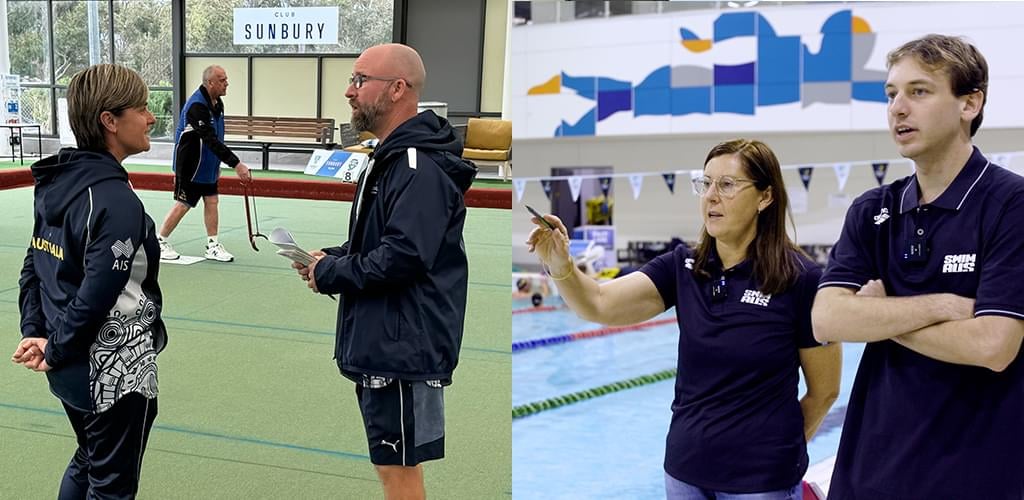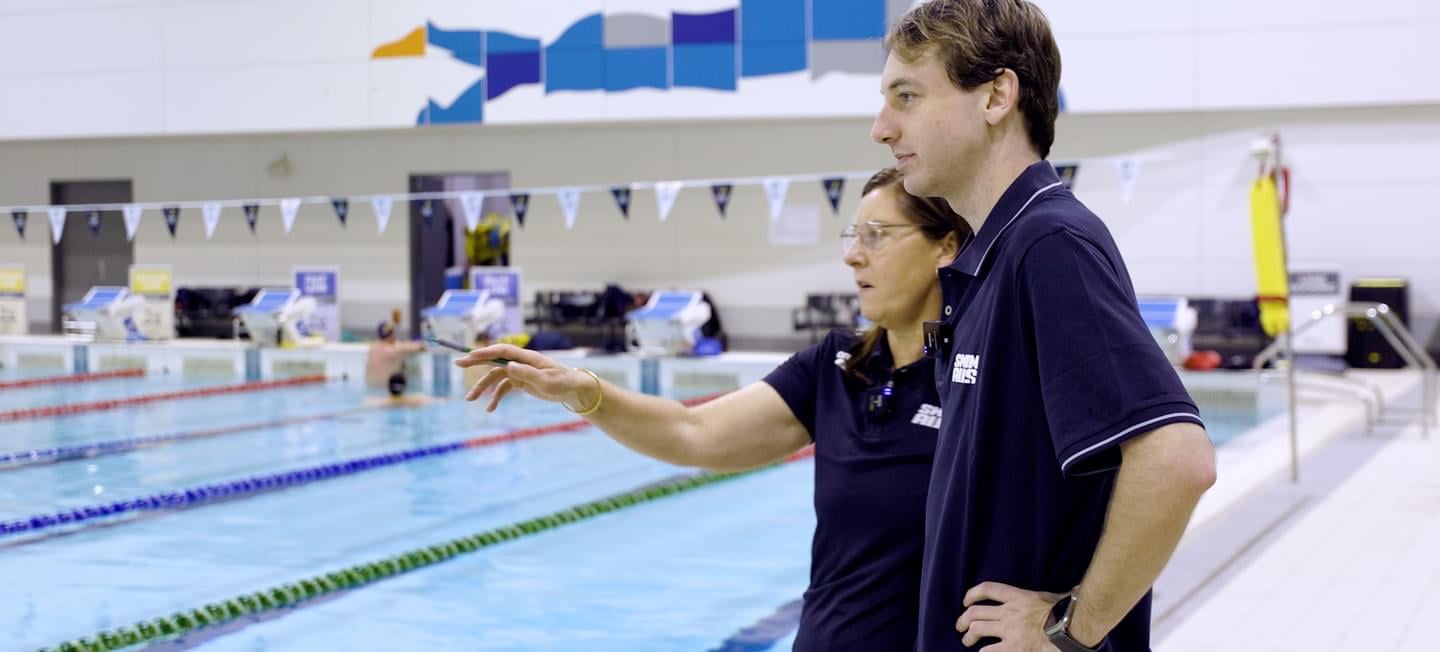Real-world application, contextualised learning and problem-solving can be more beneficial for coaches than traditional, formal education offerings.
The role of the coach developer or mentor is an integral part of the development of coaches at any level and the relationship between the developer/mentor and coach is essential for success.This course is designed to provide coach developers and mentors with the foundational knowledge, skills and tools needed for effective on-the-job support for coaches in practice. This includes creating a positive environment for learning, building connection and trust, objective observation, reflective feedback and action planning.



